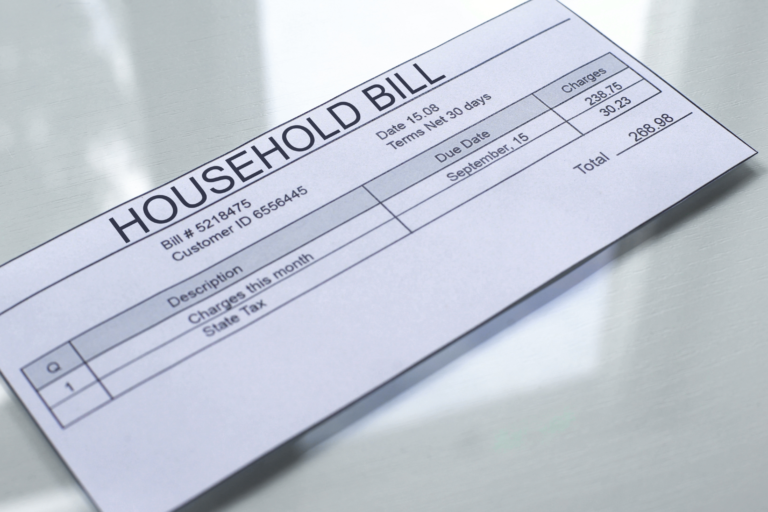A power of attorney is a valuable resource in estate planning. This legal document permits you (the principal) to grant authority to a third party (the agent) to act on your behalf. Therefore, the scope of authority granted to the agent is determined by the terms in the document.
If the principal becomes unable to handle his or her own financial affairs, the agent steps in to take control of the situation. Keep reading to find out how to get a power of attorney in Florida.
How Do You Get a Power of Attorney in Florida? – The Key Elements
Deciding Who Will Serve as the Agent
Although a power of attorney (POA) is not difficult to set up, it requires a careful approach.
When someone names a person as his or her agent by using a POA, it is crucial to remember that the designated agent will act on his or her behalf in the event of temporary or permanent incapacitation.
Even if the POA is structured to last temporarily (i.e., a non-durable POA designating an agent to sign a business contract in another state), the choice of a trustworthy individual cannot be taken for granted.
Under Florida law, the agent must be a competent person 18 years of age or older. It is possible to choose someone who is not a blood relative or a family member – as long as that person offers the necessary reliability.
Preparing and Executing the Paperwork
Upon the choice of the agent, the principal must prepare the forms that will be part of the document. Ideally, one should have an expert attorney to assess his or her situation and then draft a unique power of attorney to fulfill the case’s specific needs.
After filling out the forms, the principal must choose two adults to act as witnesses to the signature. The POA must be signed in front of a notary and the witnesses by the principal and the agent.
Once the document is properly executed, it should be placed in a safe place. The agent and the principal’s closest relatives should know where the document is stored in the event of incapacitation.
Florida Power of Attorney – What If the Principal is Not of Sound Mind?
If the POA’s principal is not of sound mind, it is necessary to consult with a physician to confirm whether that person can sign and execute the document. Depending on the situation, the principal’s physician may need to testify in court in a case involving guardianship.
Generally, this situation tends to affect adult children who want to create a POA to take care of elderly parents. Elderly individuals with dementia or any other condition that may affect their mental acuity need to undergo medical examination before signing a POA.
As it is plain to see, hiring an expert Florida attorney is an excellent choice to ensure the proper execution of a POA. An experienced legal advisor will help to ensure that the parties involved feel secure in their decision.
Florida Power of Attorney – Immediately Contact Your Florida Probate Lawyer
Waste no time with uncertainty. Call Attorneys Romy B. Jurado and Diana C. Collazos today at (305) 921-0976 or email [email protected] to schedule a consultation.






